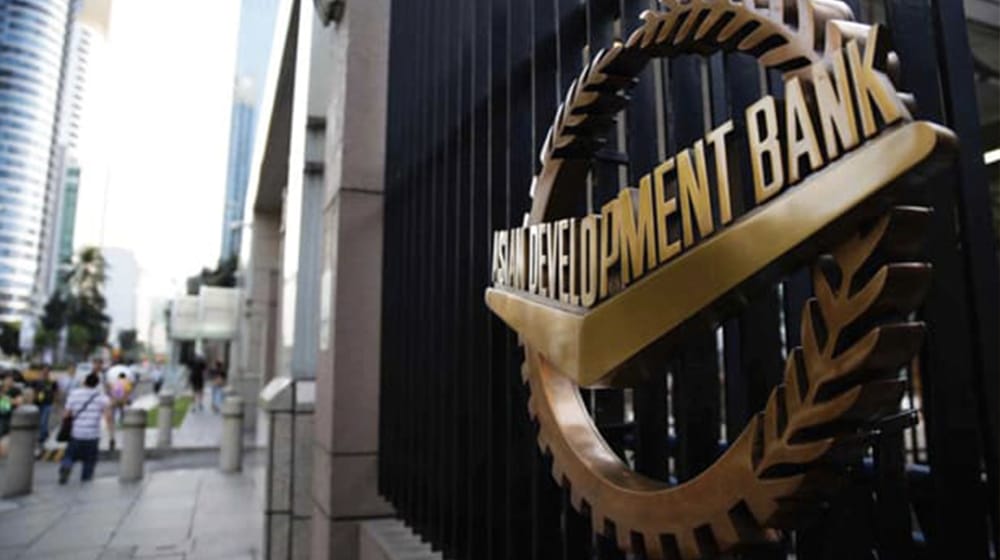Instability and regime change in Afghanistan has affected Pakistan’s connectivity with other Central Asia Regional Economic Cooperation (CAREC) member countries, as security concerns have led to frequent border closures and increased border-crossing costs and delays, says the Asain Development Bank (ADB).
The Bank in its report “Evaluation of ADB Support for the Central Asia Regional Economic Cooperation Program, 2011–2021”, stated that two regional initiatives supporting energy exports from Central Asia to Afghanistan and Pakistan are currently suspended because ADB placed its regular assistance to Afghanistan on hold effective 15 August 2021 due to the Afghanistan situation.
Many other energy projects are still under implementation. However, energy physical connectivity increased during the period of ADB support, and it will continue to increase in the foreseeable future as ongoing projects are completed and commissioned. This will increase the possibility of improving energy exports and imports in the sub-region.
Localized border disputes, for example, between Tajikistan and the Kyrgyz Republic, have resulted in border closures. Most notably, the Russian invasion of Ukraine in 2022 and the resulting sanctions have further disrupted trade flows, potentially diverting trade through the middle corridor Caspian Sea route to Europe. Various regional organizations operate in the CAREC sub-region, but all include extra-regional member states, and none include all CAREC member states or even all the core Central Asian countries, which further fragments the region.
It further stated that investment projects are mainly designed as one-country projects with expected spillover benefits for neighboring countries. The largest recipient of the CAREC Program was Uzbekistan, followed by Afghanistan and Georgia. Kazakhstan received $1.6 billion and Pakistan $1.5 billion, accounting for 10 percent of the total portfolio.
Grant-based transmission projects in Afghanistan intended to enable increased imports from other CAREC member countries have contributed to regional energy trade. The projects include a completed grant-based Turkmenistan–Uzbekistan–Tajikistan–Afghanistan–Pakistan (TUTAP) project, although no quantitative data are available on increased imports by Afghanistan post-project completion.
ADB supported two regional initiatives that contributed to cross-country energy connectivity but are on hold because of the situation in Afghanistan. The first is the TUTAP transmission framework, which is a series of discrete individually justified investment projects that ADB supported.
The projects are intended to export power from thermal and gas-fired power plants in Uzbekistan and Turkmenistan as well as from hydro plants in Tajikistan to the Afghanistan grid, and export surplus power from Uzbekistan and Turkmenistan (via Afghanistan) to Pakistan and Tajikistan.
The second is Turkmenistan–Afghanistan–Pakistan–India pipeline, to which ADB has provided TA support for processing activities and due diligence work. A 214 km pipeline is being laid from the Galkynysh gas field in Turkmenistan to the Afghanistan border, but construction of the remaining 1,600 km pipeline has yet to begin and is now on hold.
Despite the uncertainties surrounding the two CAREC regional energy initiatives, which will affect CAREC member countries’ energy exports to Afghanistan and Pakistan, the outlook for the CAREC energy portfolio and for the CAREC sub-region is positive.
In terms of volume, ADB’s investment in trade facilitation has been dominated by several Regional Improvement of Border Services (RIBS) projects categorized under trade facilitation and trade policy by the CAREC project classification.
RIBS projects were approved for the Kyrgyz Republic, Mongolia, Pakistan, and Tajikistan. In total, ADB approved $640 million for seven investment projects for trade facilitation and trade policy, accounting for 3.6 percent of total ADB investments in the CAREC portfolio for 2011–2021.





















